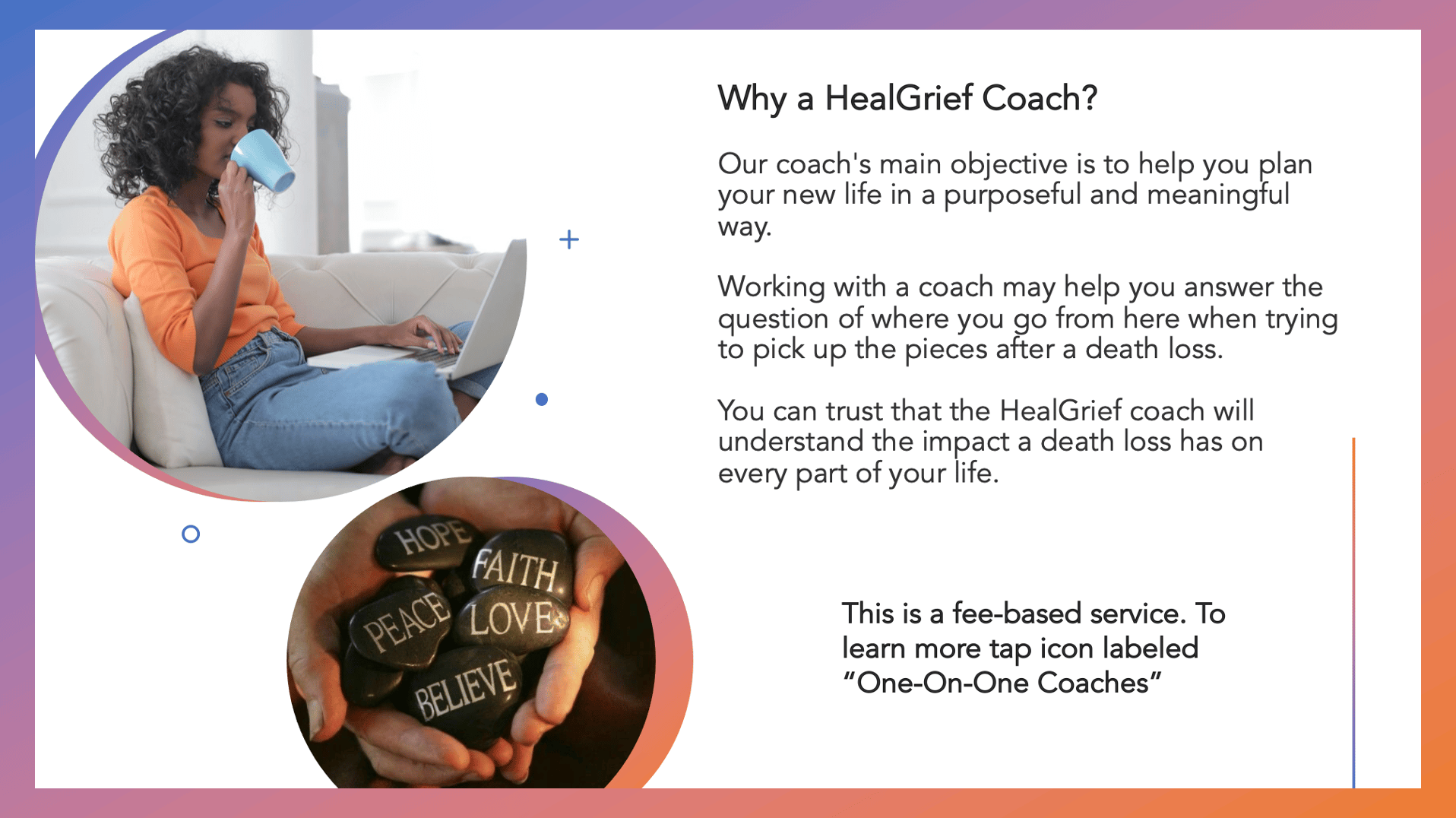Lighting a virtual memorial candle is a symbolic way to honor someone’s life and mourn their death. For the religious, a virtual memorial candle can represent a prayer. For others, it is simply a way to show that someone’s spirit lives on in the hearts they have left behind. Remember your loved one and light a virtual candle today.
[btn_share_light_candle_pets]
DONATE NOW
Help us to continue to provide free support services to individuals and families in need.
